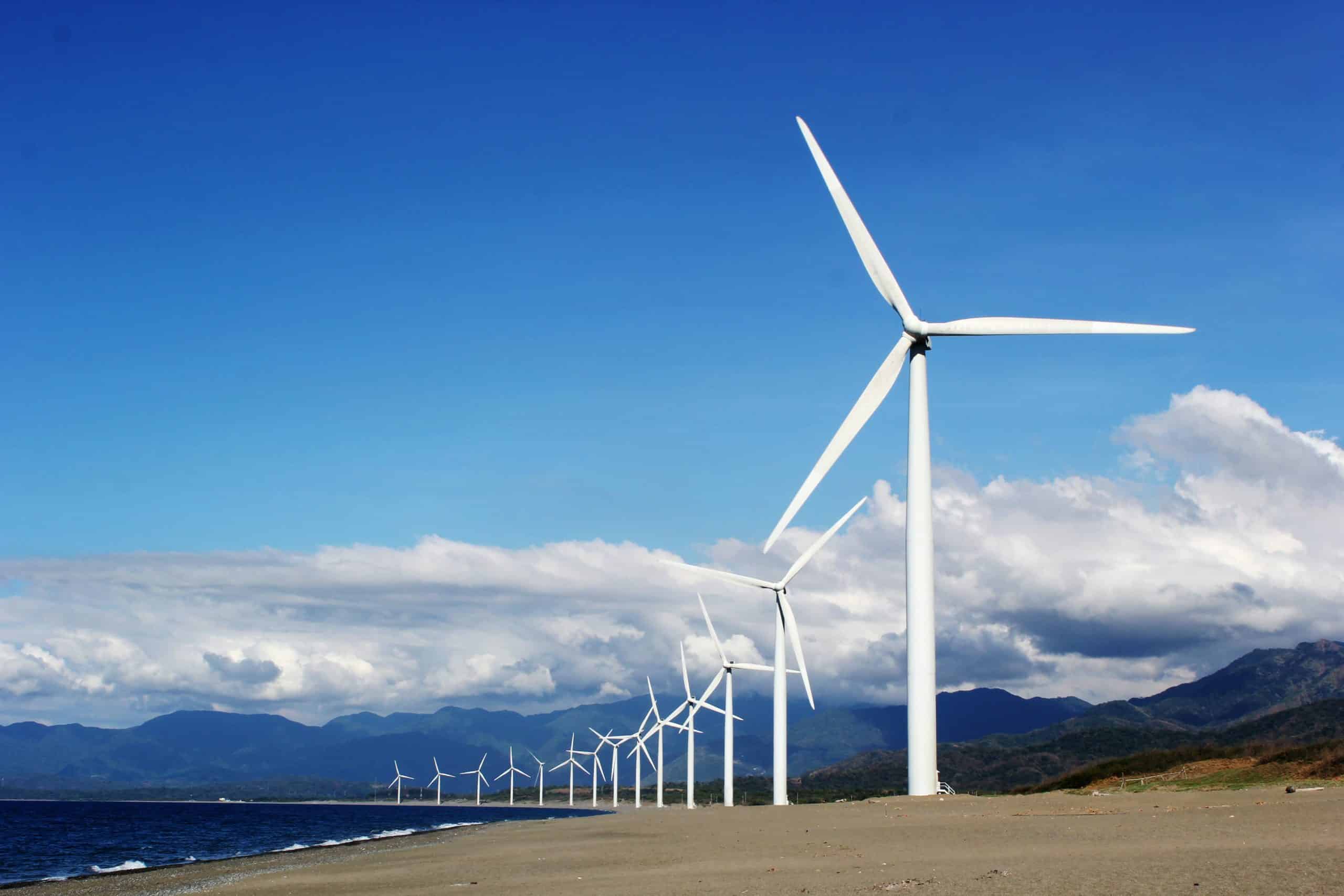What are the economic implications of renewable energy adoption in developing countries?

Renewable energy has increasingly become a topic of global interest. The incessant need to replace conventional sources of power with more sustainable, eco-friendly alternatives has triggered a wave of innovation and investment in renewable energy technology. This change is not only essential from an environmental perspective, but it also has significant economic implications, especially for developing countries. In this article, we will delve into the specific impact of adopting renewable energy on the economic growth and development of these countries.
The Nexus Between Renewable Energy and Economic Growth
Understanding the link between renewable energy and economic growth is crucial to grasp the potential benefits of renewable energy adoption in developing countries. Developing nations are typically characterized by high energy demand due to their burgeoning populations and rapidly expanding industrial sectors.
Have you seen this : What impact does eco-friendly packaging have on the reduction of single-use plastics?
The necessity for energy, and more specifically electricity, is apparent. It is a critical driver of economic activity, powering industries, facilitating the provision of essential services, and promoting technological advancement. According to a study published on Crossref, there’s a strong correlation between energy consumption and economic growth.
However, traditional sources of energy like fossil fuels often come with high environmental costs, including greenhouse gas emissions, which contribute to climate change. This is where renewable energy comes into play. Renewable energy technologies such as solar and wind power provide ample opportunities for generating electricity without the associated environmental harm.
In parallel : How can inclusive design principles be applied to enhance public transportation accessibility?
Furthermore, the development and deployment of these technologies can stimulate economic activity, creating jobs, and attracting investment. According to Google Scholar, the renewable energy sector has the potential to create more jobs per unit of energy produced compared to fossil fuel-based energy systems.
Renewable Energy: An Engine for Economic Development
Renewable energy is not just a solution to our global power needs; it’s a catalyst for economic development, particularly in developing countries. These nations often struggle with providing access to reliable and affordable electricity for their citizens. However, renewable technologies offer a solution.
Solar power, for instance, can be harnessed at different scales, from small home systems to large solar farms, providing versatile solutions for different needs. The implementation of these technologies not only supports the provision of electricity but also contributes to local economic development.
The deployment of renewable energy technologies promotes local manufacturing and service industries, creating job opportunities and boosting income levels. According to a report by Crossref, developing countries that have embraced renewable energy have seen significant improvements in their respective economic growth rates.
The Economic Boon of Energy Independence
Another crucial aspect of renewable energy is energy independence, which can be a significant economic boon for developing countries. Many of these nations rely heavily on importing fossil fuels to meet their energy needs, which can create financial strains and expose them to volatile global energy markets.
By investing in renewable energy sources, developing countries can reduce their reliance on imported energy, saving considerable amounts in foreign currency that can be redirected towards other sectors of the economy. Moreover, energy independence enhances a country’s energy security, providing a more stable and reliable energy supply.
Renewable energy also allows for the decentralization of power generation, making it possible to provide electricity to remote and underserved areas. This access to energy can stimulate economic activity in these regions, fostering growth and development.
The Role of Renewable Energy in Mitigating Climate Change
Climate change is a global concern that also directly impacts the economy of countries. The costs of dealing with the consequences of climate change, such as extreme weather events and rising sea levels, can be significant.
Renewable energy presents an effective measure to mitigate climate change by reducing greenhouse gas emissions. By adopting renewable energy, developing countries can contribute to global efforts in combating climate change while also reaping economic benefits.
A study found on Google Scholar suggests that the transition to a green energy system could result in significant savings in terms of avoided climate damage costs. These saved resources can be utilized to fuel economic growth and development.
Closing Investment Gaps for Renewable Energy Adoption
Despite the clear economic benefits, the adoption of renewable energy in developing countries is often hindered by significant investment gaps. Financing the development and deployment of renewable energy technologies requires substantial capital, which can be a major challenge for these nations.
However, several strategies can be employed to close these gaps, including the creation of conducive policy environments to attract private investment, leveraging international climate finance mechanisms, and fostering partnerships with development finance institutions. The economic benefits of renewable energy make it a worthwhile investment that can drive growth and development in developing countries.
Overall, the adoption of renewable energy in developing nations presents a multitude of economic benefits. From stimulating economic growth, fostering development, enhancing energy independence, mitigating climate change, to closing investment gaps, renewable energy can play a pivotal role in shaping a sustainable and prosperous future for these countries.
The Role of International Cooperation in Promoting Renewable Energy
International cooperation plays a crucial role in promoting renewable energy in developing countries. Given the substantial capital needed for the development and deployment of energy technologies, collaboration between nations can significantly accelerate the transition towards renewable energy sources.
It’s important to note that many developing countries often lack the necessary financial resources and technical expertise to embrace renewable energy. Therefore, international partnerships can provide much-needed support in these areas. For instance, partnership with developed countries can lead to the transfer of technology, knowledge, and skills, enabling developing countries to leapfrog certain stages of technological development and adopt clean energy solutions more efficiently.
Moreover, international financial institutions such as the World Bank, International Monetary Fund (IMF), and regional development banks play a crucial role in providing the necessary funding for renewable energy projects. According to Google Scholar, such institutions have financed numerous renewable energy projects in developing countries, significantly contributing to their energy transitions.
Similarly, international climate finance mechanisms such as the Green Climate Fund (GCF) and the Global Environment Facility (GEF) provide financial support to developing countries to help them mitigate the effects of climate change and adopt renewable energy. Such mechanisms can bridge the investment gap and accelerate the adoption of renewable energy.
Conclusion
The economic implications of renewable energy adoption in developing countries are far-reaching. Renewable energy technologies not only provide a solution to the pressing environmental challenges of our time, but they also act as an engine for economic growth and development. From creating jobs and attracting investment to enhancing energy independence and mitigating climate change, the benefits are clear.
However, the transition to a renewable energy future in developing countries is often hampered by significant investment gaps, technical challenges, and policy constraints. Therefore, international cooperation is of the essence to overcome these barriers and ensure that developing countries can fully benefit from renewable energy.
As the world grapples with the urgent need to transition away from fossil fuels, it is increasingly clear that renewable energy is not only a sustainable and eco-friendly solution, but also a key driver of economic development in developing countries.
Looking ahead, it is imperative that developing countries continue to prioritize renewable energy in their national policies, and that international partners stand ready to support these efforts. Only through collective action can we ensure a sustainable energy future for all nations, and in doing so, drive global economic growth and development.
